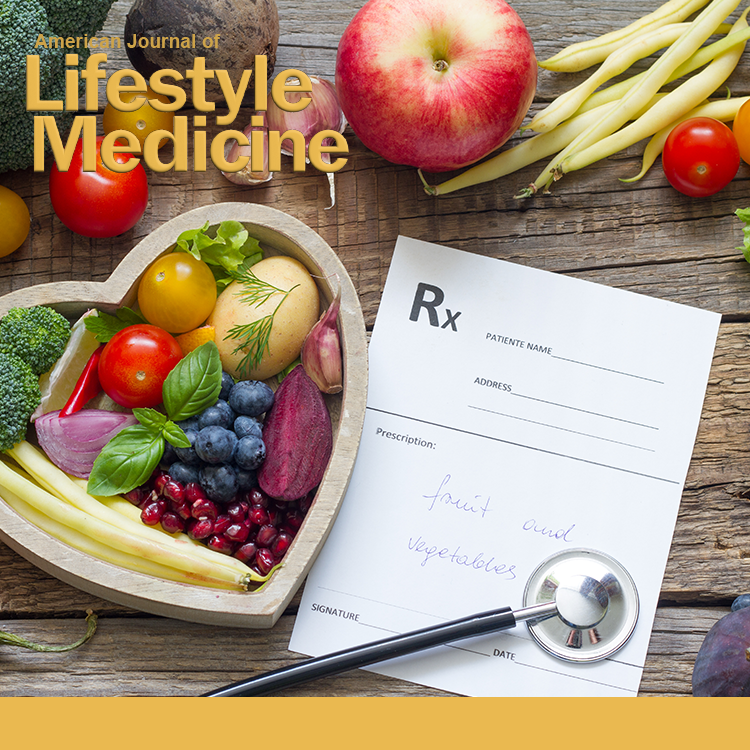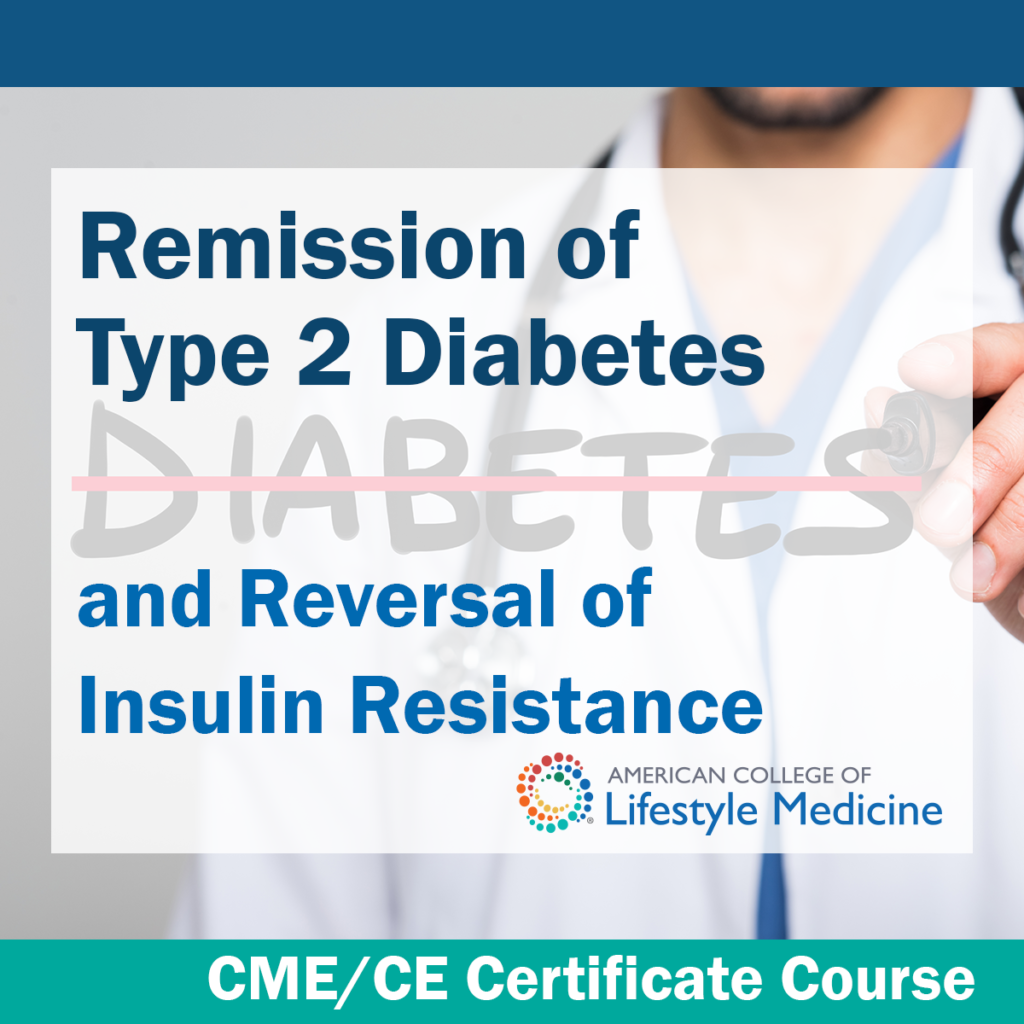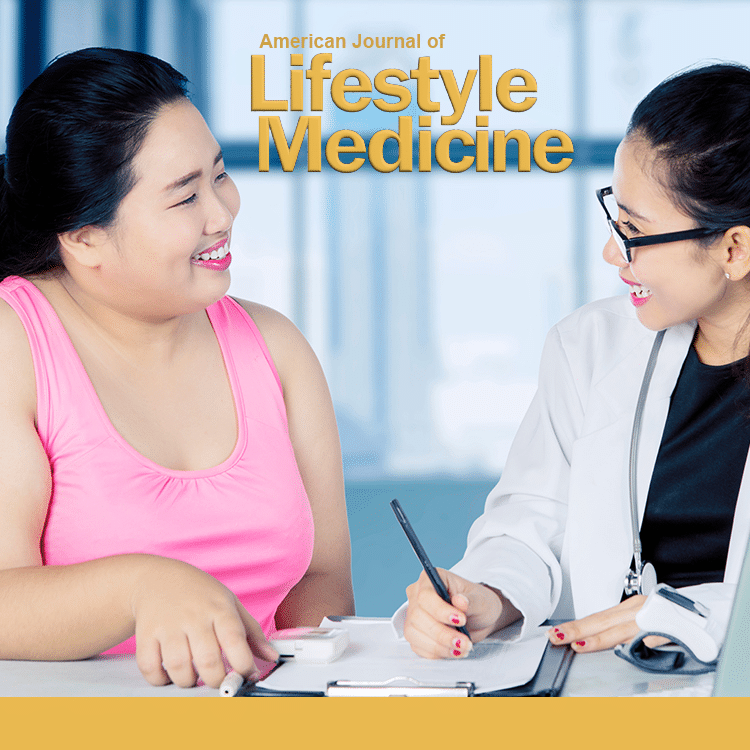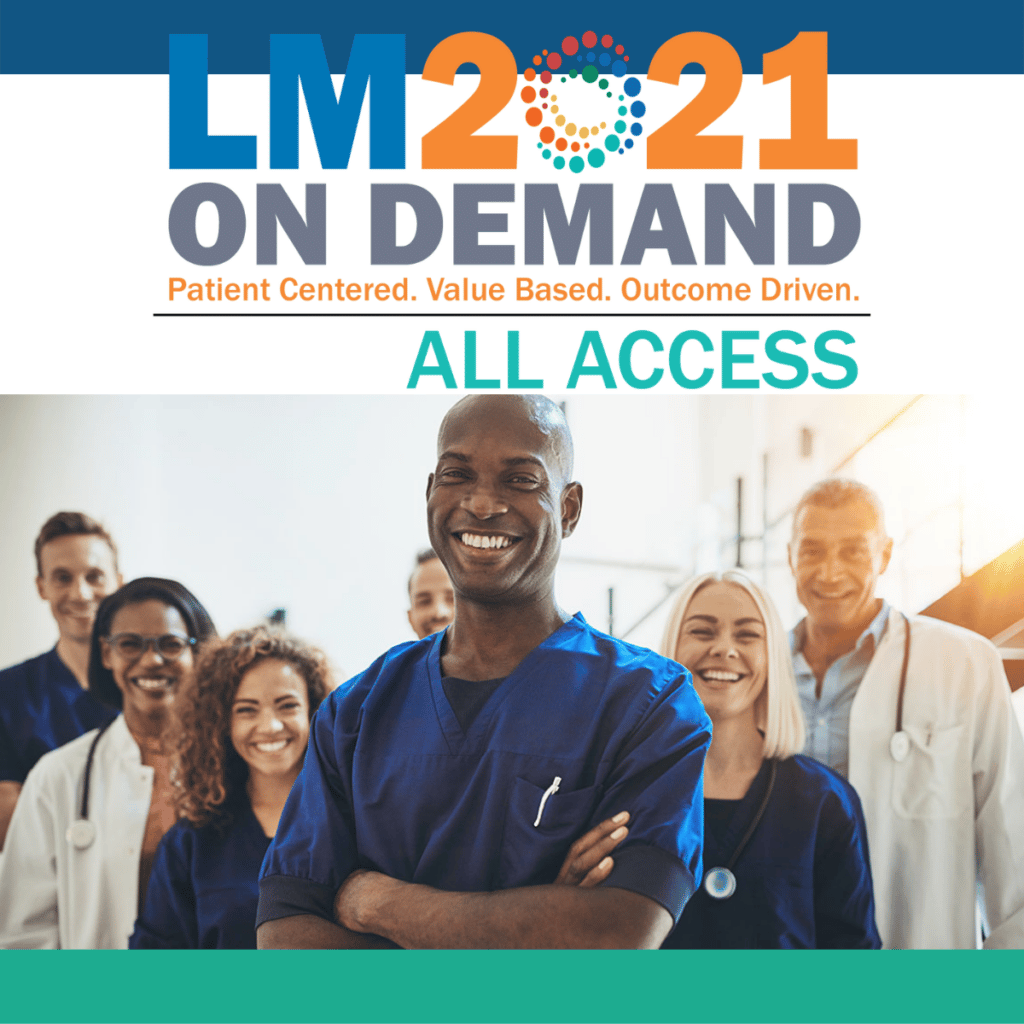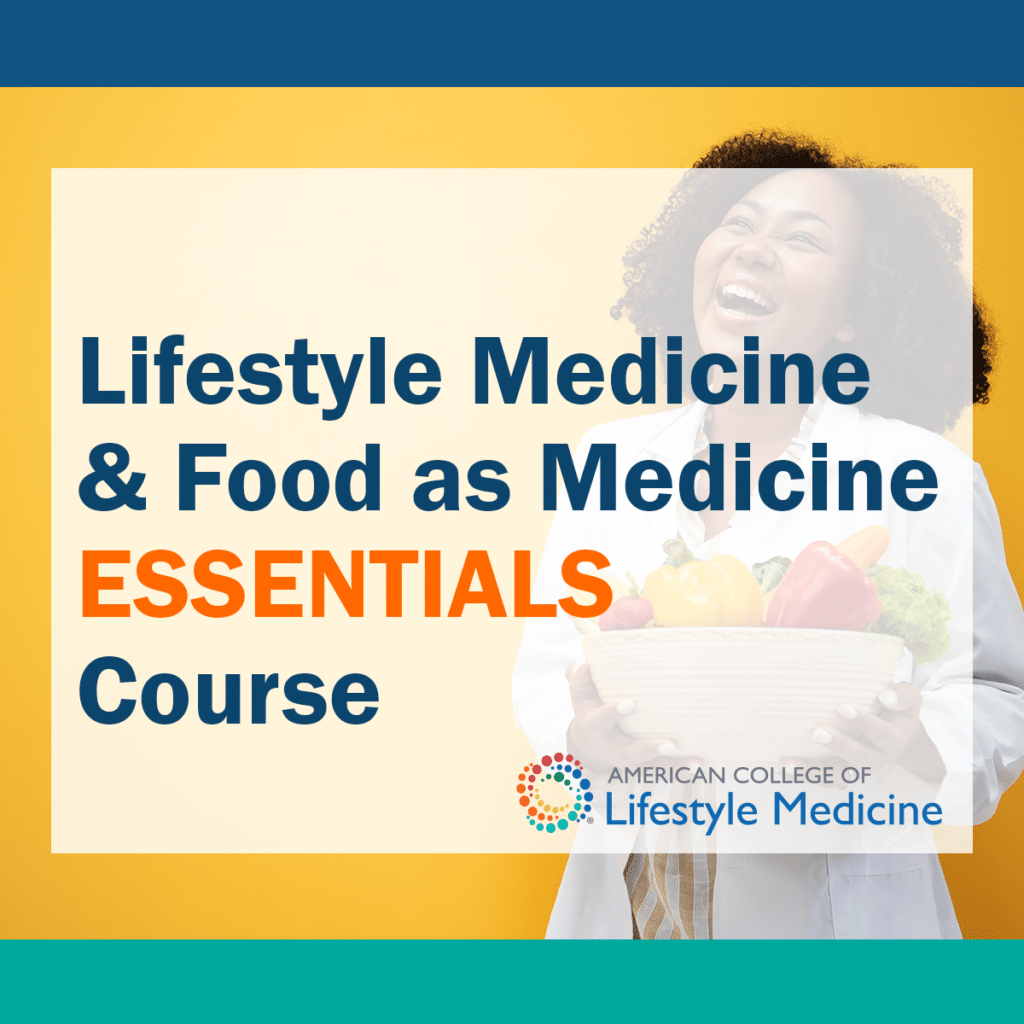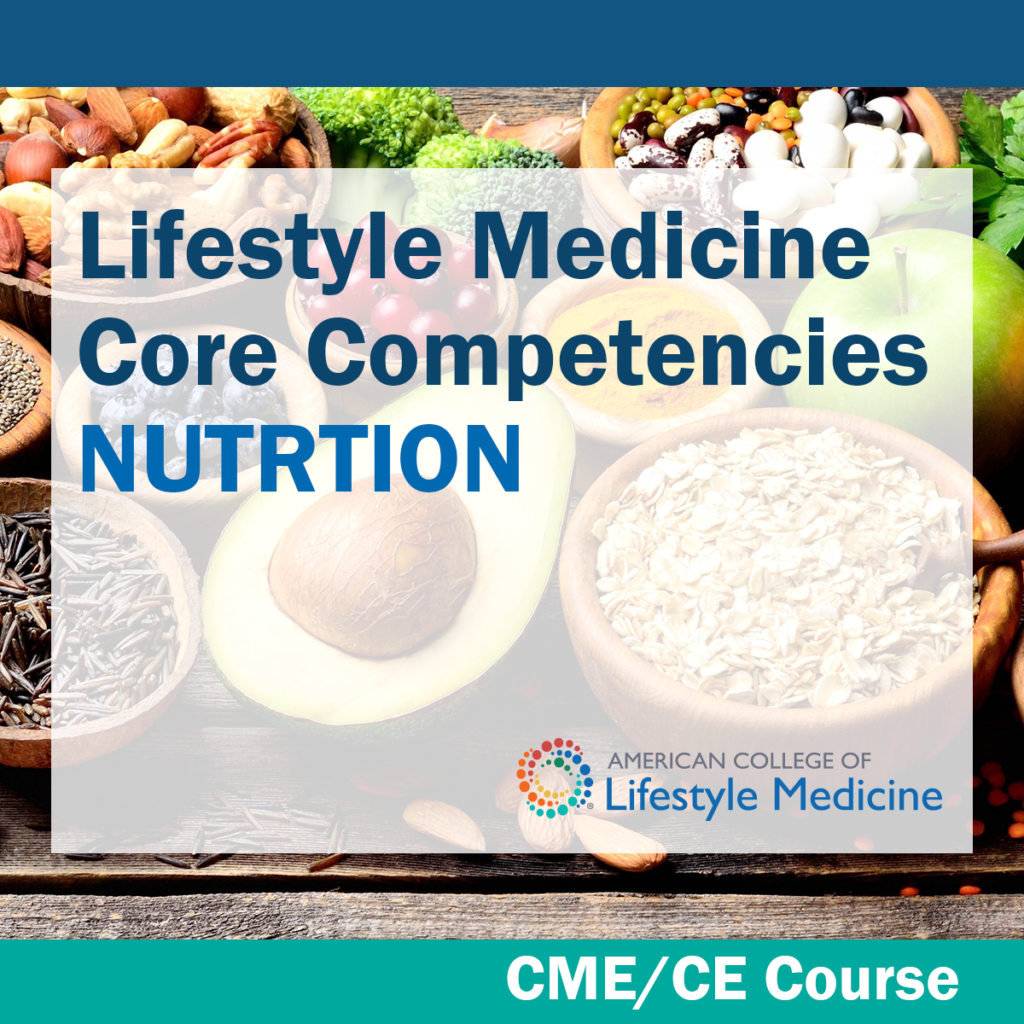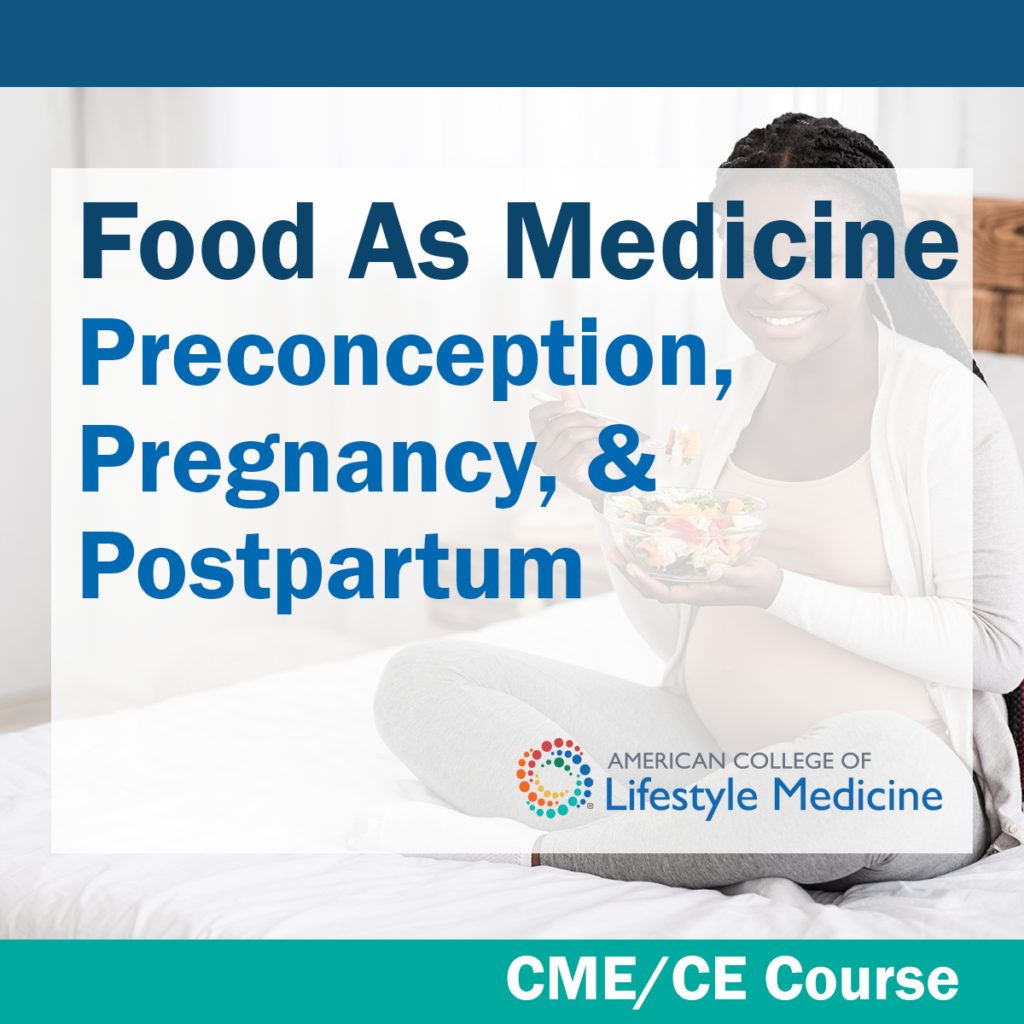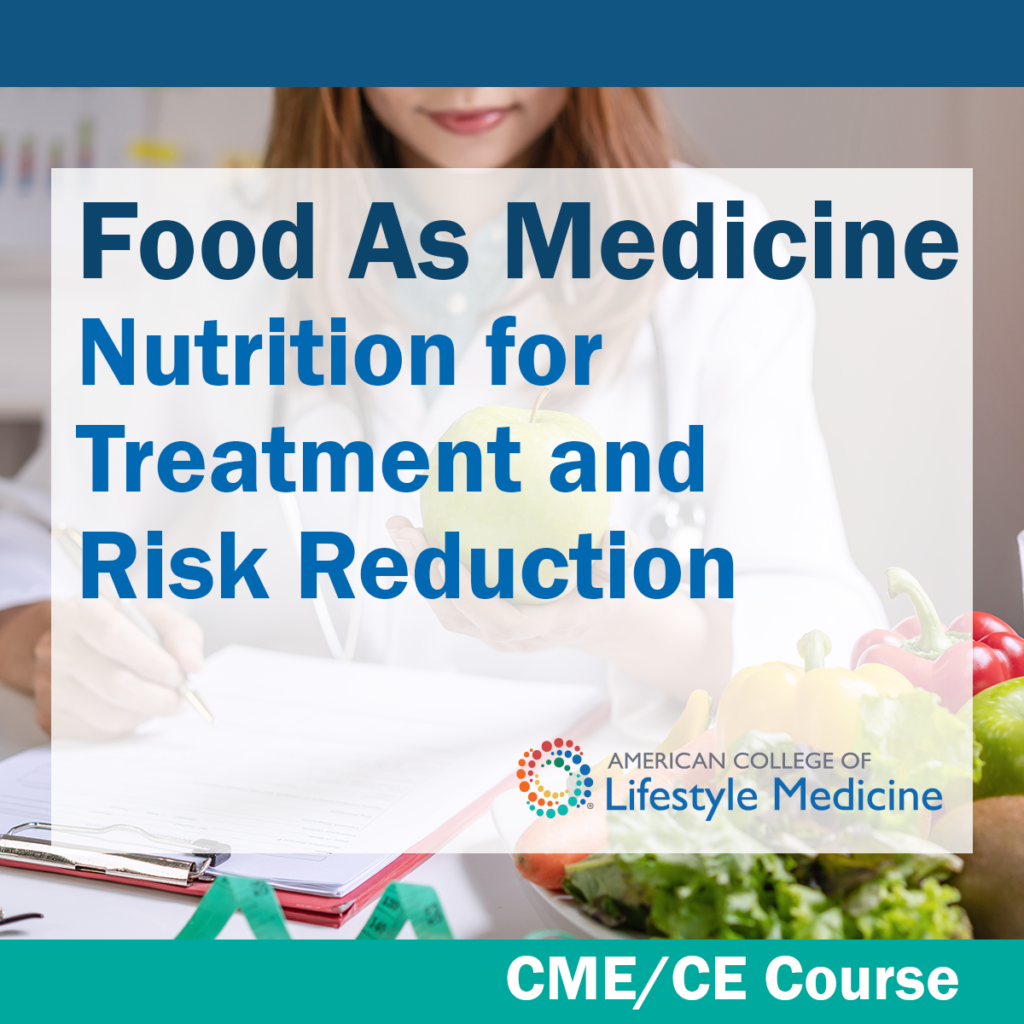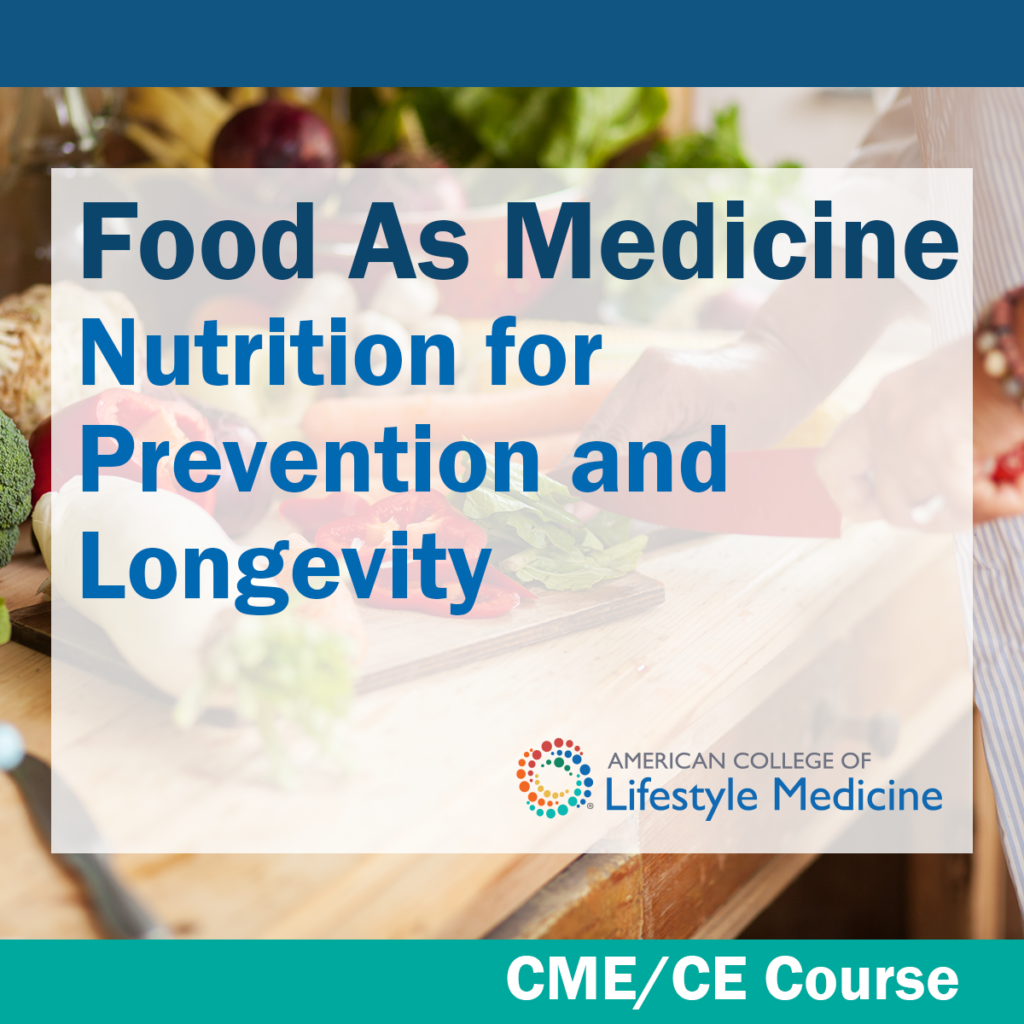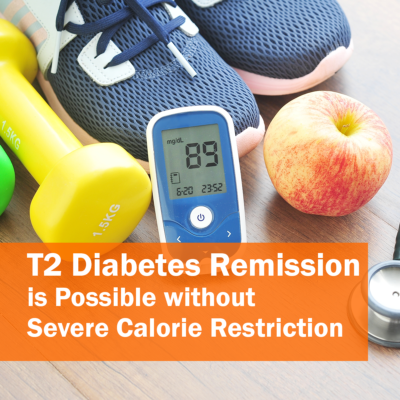Type 2 Diabetes Remission with Lifestyle Medicine
Type 2 diabetes (T2D) impacts around 10.5% of adults in the United States,1 with an increasing occurrence among younger age groups2,3 and roughly 21% of those with diabetes go undiagnosed.1
The overall expense of diabetes annually is approximated at $412.9 billion ($306 billion in direct expenses and $106.3 billion in reduced productivity).4 From both a public health and healthcare expenditure viewpoint, it is a crucial urgency to diminish the prevalence of T2D. Achieving remission, should be a primary concern.
Research indicates that sufficiently intensive lifestyle intervention (intensive therapeutic lifestyle change), particularly adopting a predominantly whole food, plant-based dietary pattern, exercise, and sleep, may be comparable to bariatric surgery, a commonly recognized means of effectively achieving T2D remission, but without the potential for side effects. 5,6
Furthermore, studies have shown that the approach advocated by lifestyle medicine physicians can often and reduce or eliminate the need for prescription medications, including insulin.







